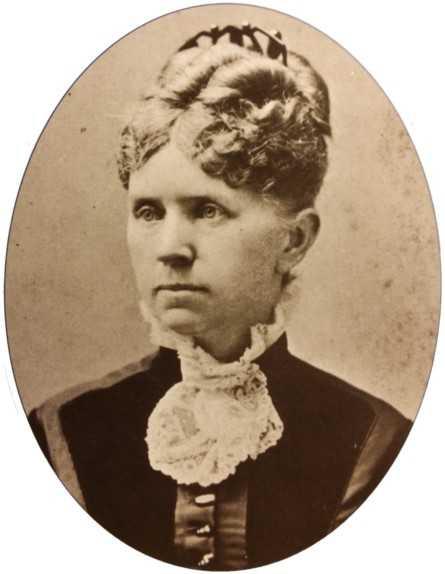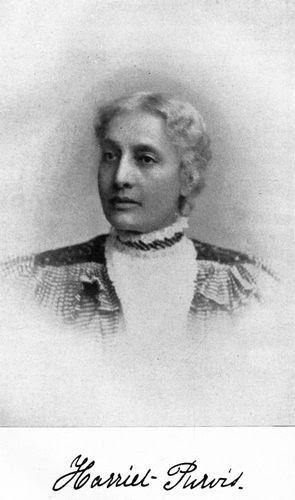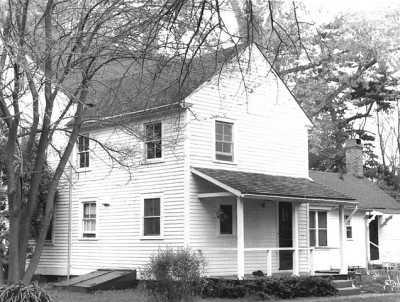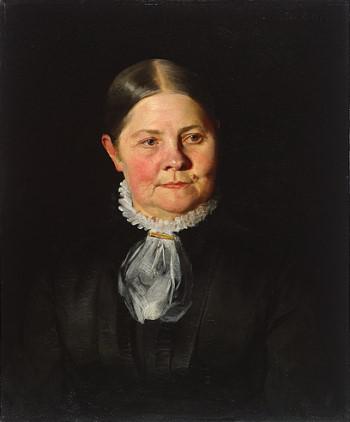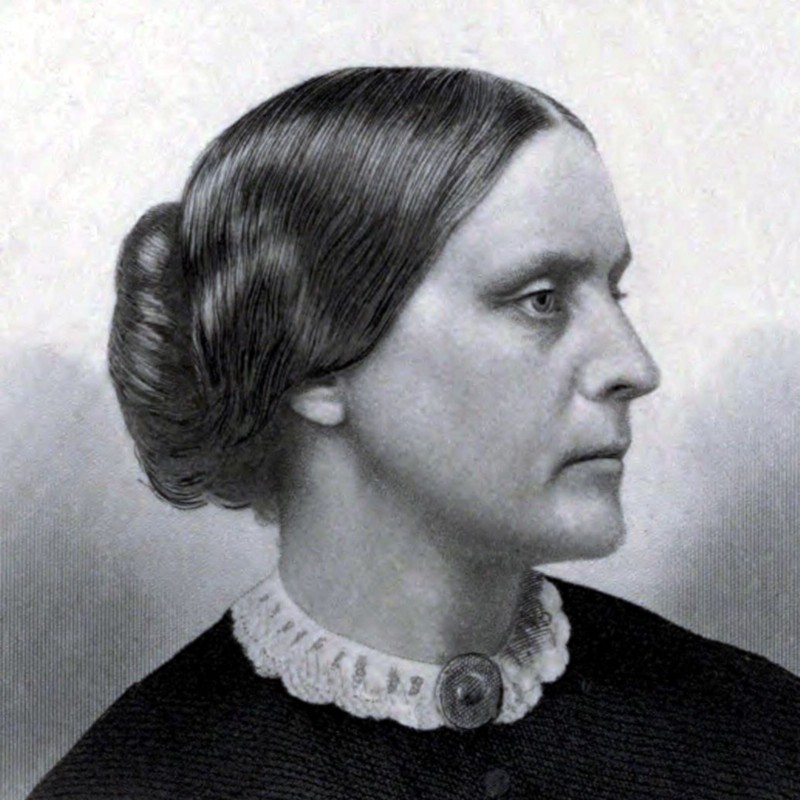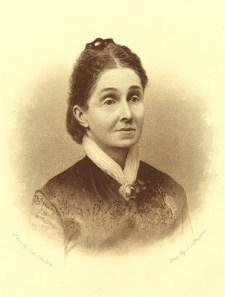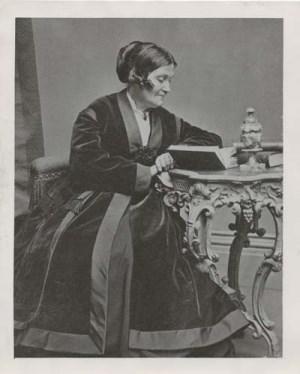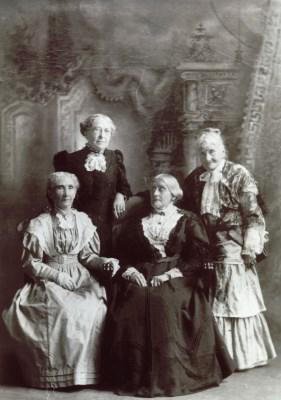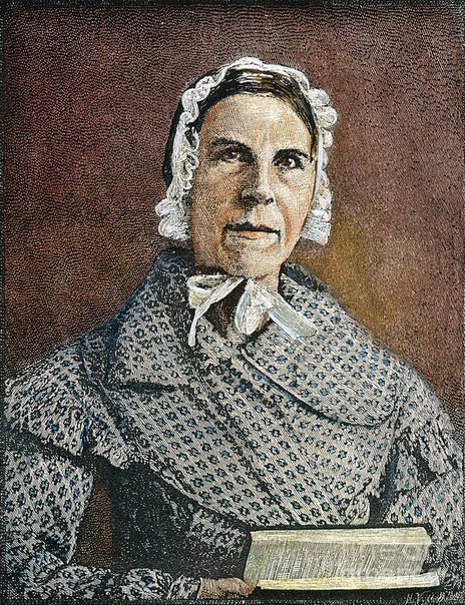Author of Dime Novels and Oregon History Frances Fuller Victor was a historian and historical novelist, who became the founding mother of all Oregon history. By the time she arrived in the Beaver State, she was already a well-known writer. Acknowledged by the Portland Oregonian as the Mother of Oregon History, Victor has also been described as ‘the first Oregon historian to gain regional and national attention.’ Early Years Frances Auretta Fuller was born in 1826 in Rome, New York. The Fullers relocated to Wooster, Ohio in 1839, where Frances was educated in a girls’ school. Frances and her younger sister Metta started writing and publishing stories and poetry – first in local newspapers like the Cleveland Herald and Sandusky…
